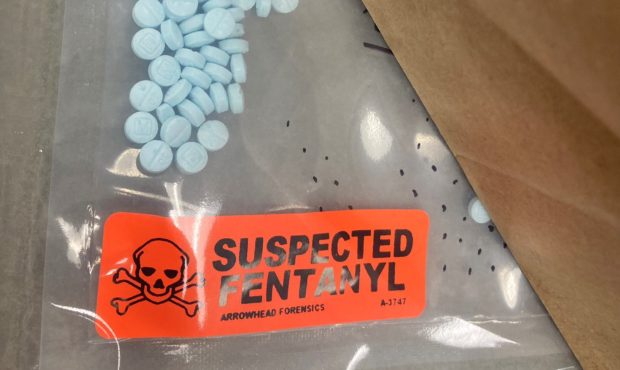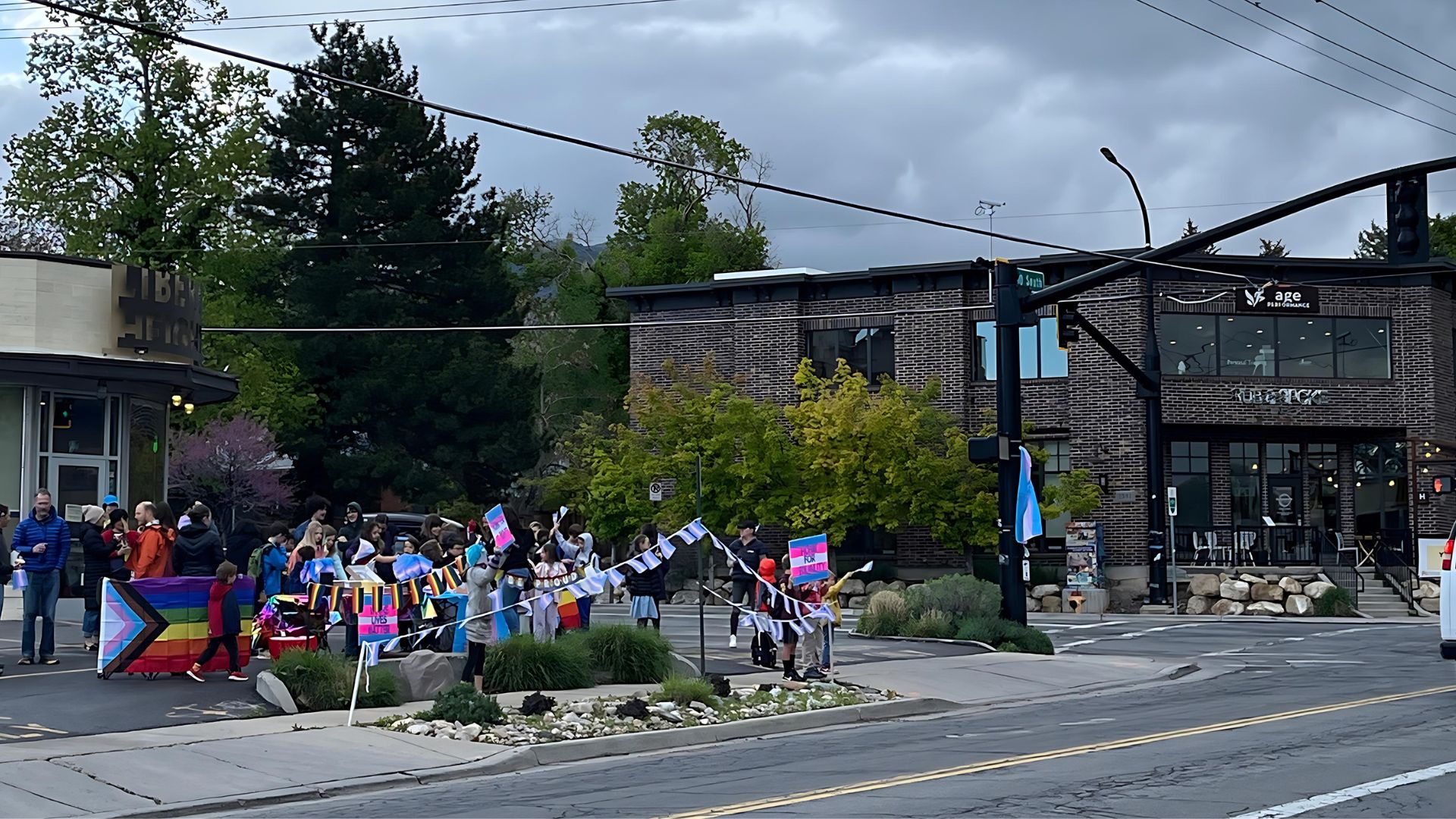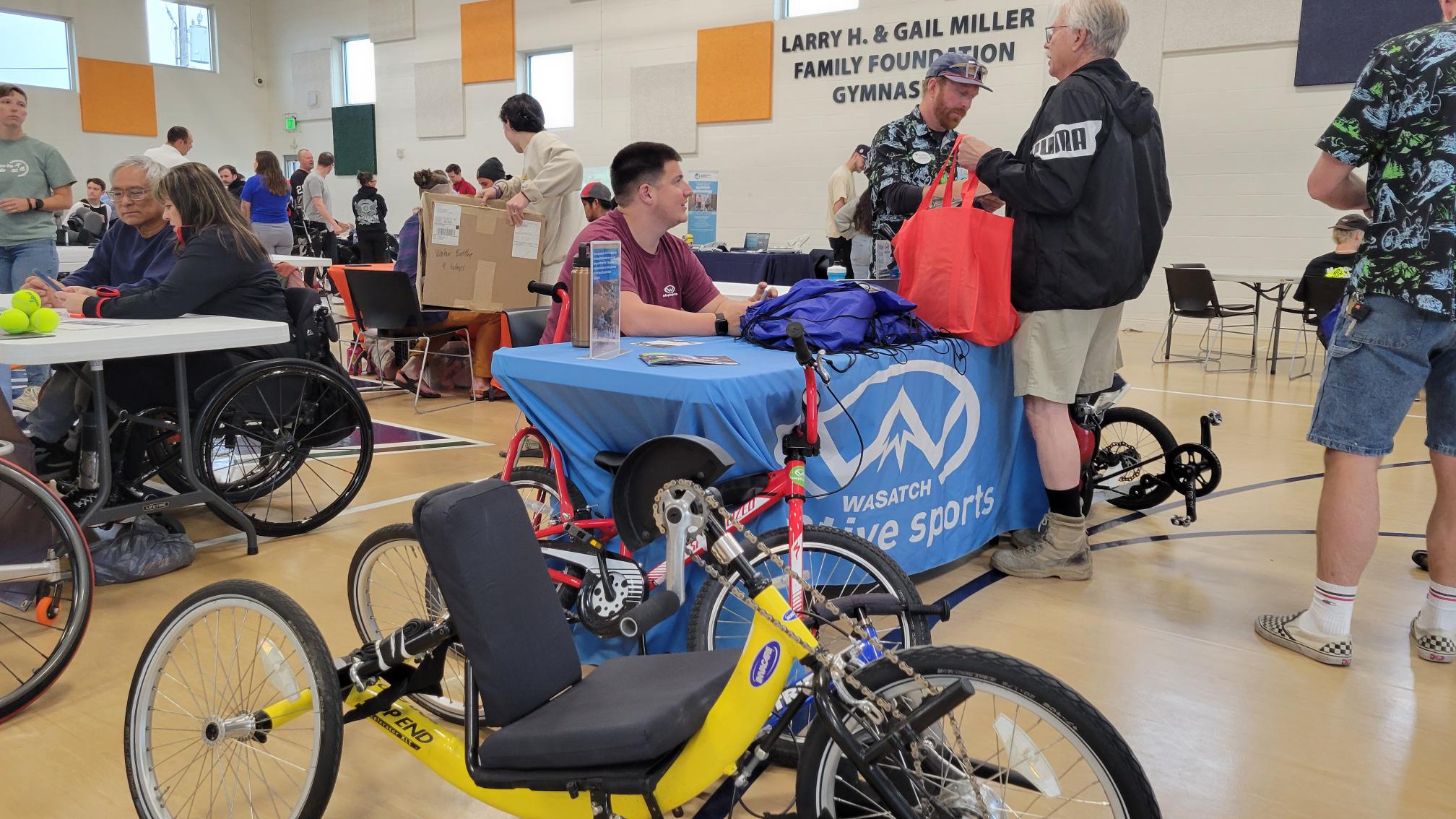How does the new FDA approved Alzheimer’s drug work?
Jul 7, 2023, 8:30 PM

The FDA has approved a new drug called Leqembi that will delay Alzheimer's disease. But how does it actually work? (Canva)
(Canva)
SALT LAKE CITY — The FDA has approved a new drug called Leqembi that will delay Alzheimer’s disease. But how does it actually work?
It is not a cure, nor is it the silver bullet that so many families are desperate for to bring back their loved ones from the grips of Alzheimer’s disease. What the drug does do is target proteins in the brain that contribute to the development of the disease in patients in the early stages, which ultimately delays it.
Executive director of the Alzheimer’s Association of Utah Stacy Culp says this is a huge step for the disease.
“It’s giving them more time,” Culp says. “More time to participate in their daily lives, to live independently (and) to be present … for those special moments [like] anniversaries and birthdays … so many of these moments that this disease robs people of.”
Additionally, Culp says Leqembi is a first of its kind. She calls this a “momentous occasion,” saying up to this point, treatments have only been able to help with symptoms of Alzheimer’s disease.
“Leqembi is the first … traditionally approved treatment that actually slows the progression of the disease,” she says. “It’s going after the disease itself.”
While she is excited about Leqembi, Culp says with any treatment comes some safety concerns.
“That’s why with Leqembi, the FDA did include … a box warning label to raise awareness about specific side effects for the at risk populations,” she says.
One side effect with a low number of cases, according to Culp, is Aria. She describes it as a “temporary swelling of the brain.” She says Aria can be managed with close monitoring.
However, she says this should not keep doctors and patients from discussing the benefits of Leqembi. Rather, the warning helps doctors keep an eye out for potential symptoms.
“This is a very exciting time. This is groundbreaking … Is it a silver bullet? No,” Culp says. “But, it is the first wave of effective treatment for Alzheimer’s and we have a lot more to come.”













